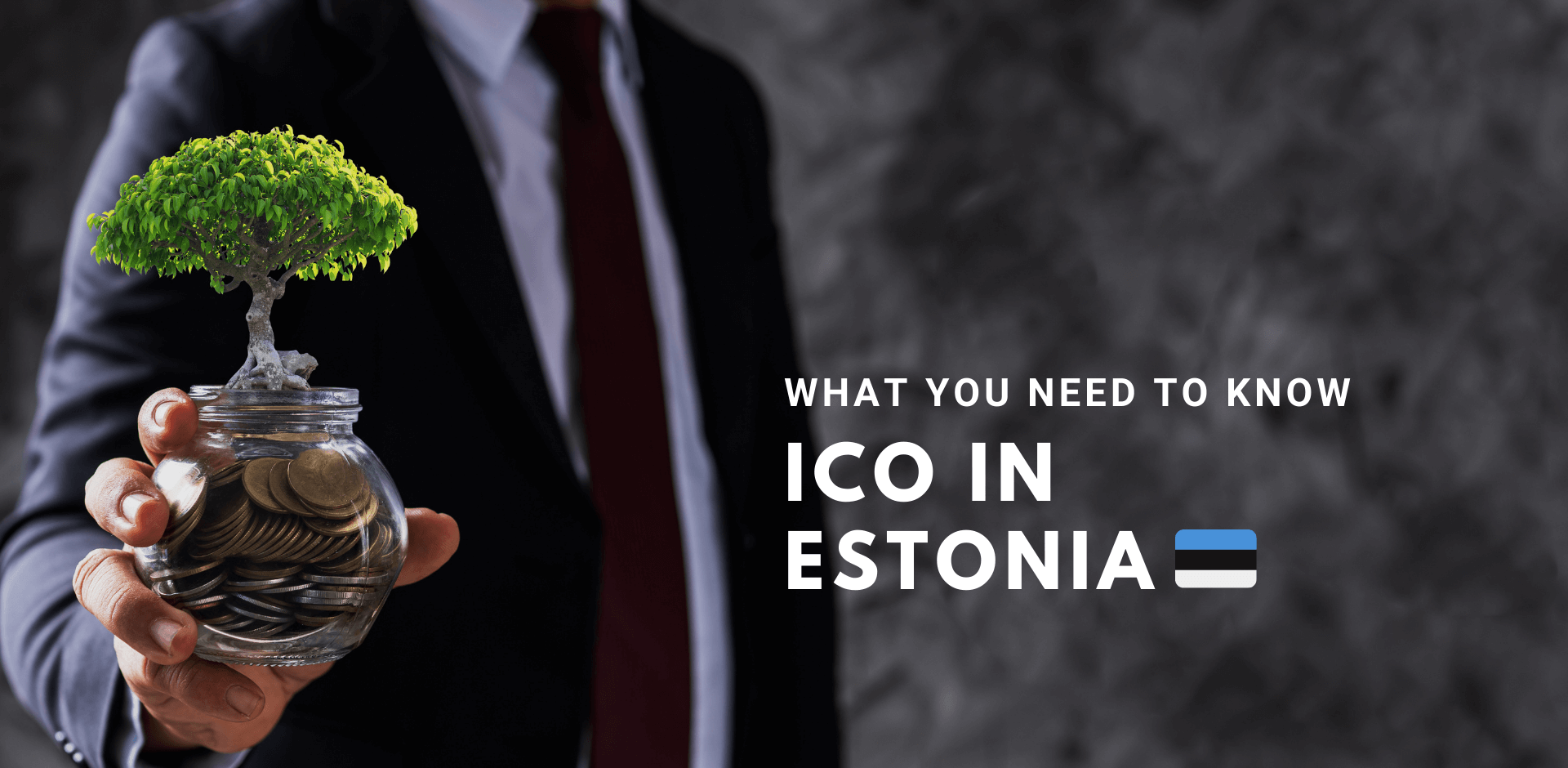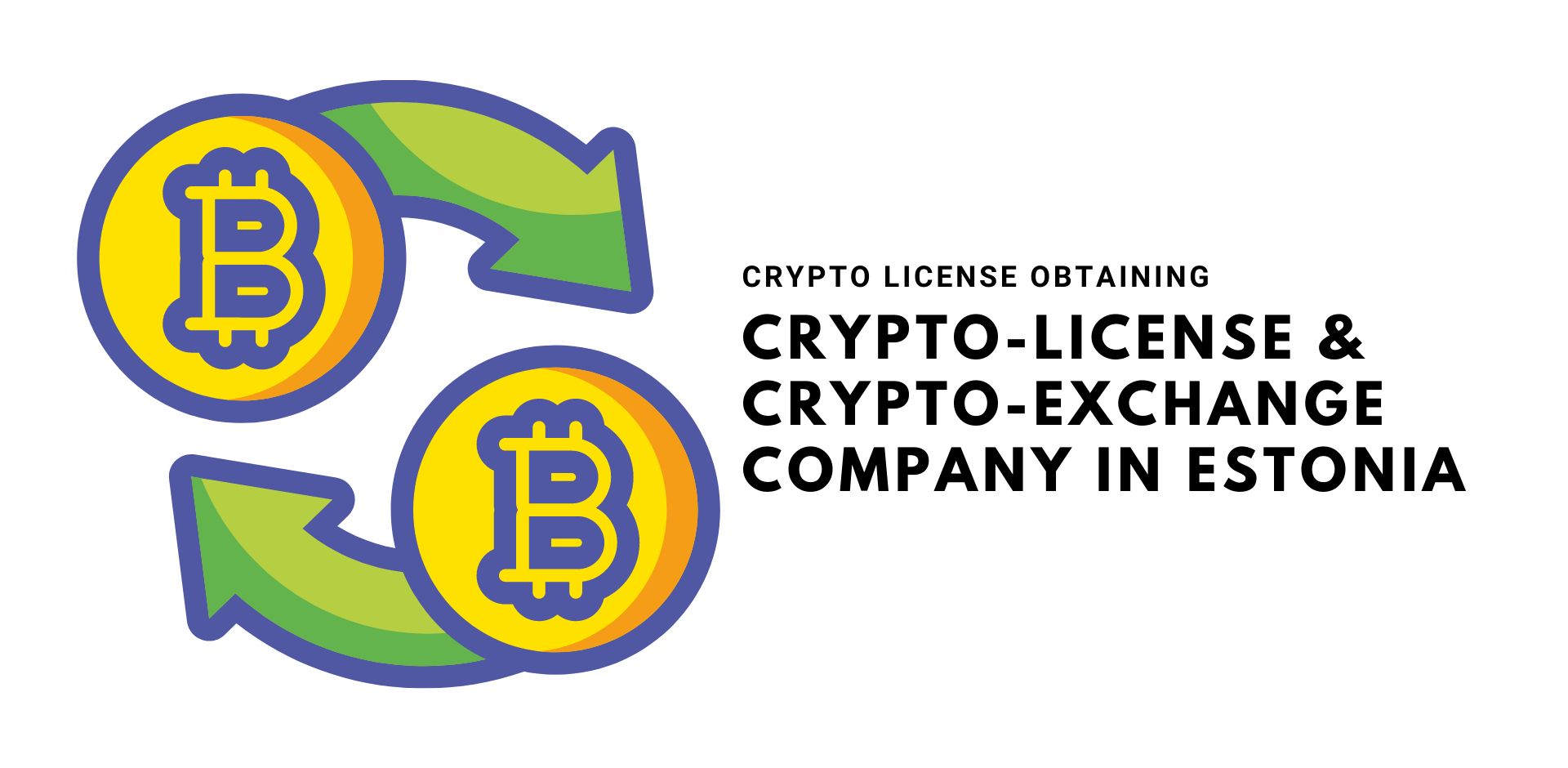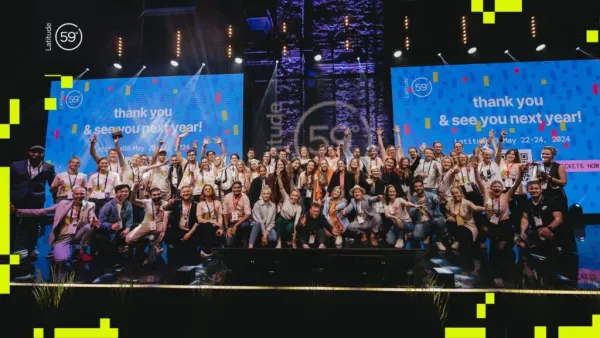ICO in Estonia: What you need to know
If you plan to perform an ICO/IDO in Estonia, you may have to register your tokens with EFSA and obtain a crypto license in Estonia in case your tokens are considered as securities. You have two options on how to determine that.

If you understand you need to perform an ICO for your project and you have finally decided to carry it in the jurisdiction of the Republic of Estonia, it is important to determine first if your tokens are considered as security as provided in § 2 of the Securities Market Act.
To find the relevant information on that, you can ask for professional advice from the legal company or by sending a request to the Estonian FSA (Finantsinspektsioon) in order to receive the regulator's point of view on your project.
- If EFSA qualifies your tokens as non-security tokens, then you are free to prepare the process.
- If EFSA qualifies your tokens as security, the offering of tokens shall be registered with the EFSA. Moreover, for selling such tokens (during offering) you may need to obtain a crypto-license in Estonia, or find a crypto-platform where the offering will be held.
As regards to ICOs encompassing the offering of instruments qualified as securities, it is important to note that the entities facilitating such ICOs or secondary trading of such tokens may be considered as providing investment services as stipulated in § 43 of the Securities Market Act. In particular, by organizing such an offer or issuing tokens or bringing together the interests for acquisition and transfer of tokens under uniform conditions. The above-mentioned services may be provided under Estonain law as a permanent activity only by authorized entities.

In order to get a point of view of the EFSA, you need to specify beforehand at least the following information:
- Name of the project for which funds are to be raised;
- Name and contact details of the project company/ICO organizer;
- Timeline of the project: timeline of fundraising, project implementation milestones;
- Description of the developed/offered product/service (main characteristics);
- Which investors does the ICO target?
- Will there be any restrictions for the investors?
- Which technological solutions will be used in the project/ICO?
- In which (virtual) currency and how is it possible to invest in the project?
- What is the volume of the ICO?
- How and where will the funds be allocated?
- Will a new token be created within the ICO? How?
- When and how is the token transferred to the investor?
- What are the characteristics and functions of the token?
- What rights does the token grant to the investor?
- How will compliance with the provisions of the MLTFPA be ensured in terms of the ICO?
- How and where is it possible to sell or buy the token later?
- Can the token be used to buy products/services or to make payments to third persons?
- Does the token issuer plan to repurchase the tokens?
The EFSA states that although a new technology is involved, and what is being sold is referred to as a token instead of a share or equity, a token may still qualify as a security as set forth in the Estonian legislation. Businesses should complete an analysis on whether a security is involved. Professional advice may be useful in making this determination.
If the above-mentioned legal framework is not pursued or if false information is presented during an ICO, it may be classified as fraud. In particular, investment fraud in terms of § 211 of the Penal Code or as conducting an economic activity without a relevant licence as stated in § 372 of the Penal Code. In addition, several financial sector misdemeanours may apply.
Once you have prepared a document according to the structure above, you can send it to us and we will communicate with EFSA to get information on your project.





